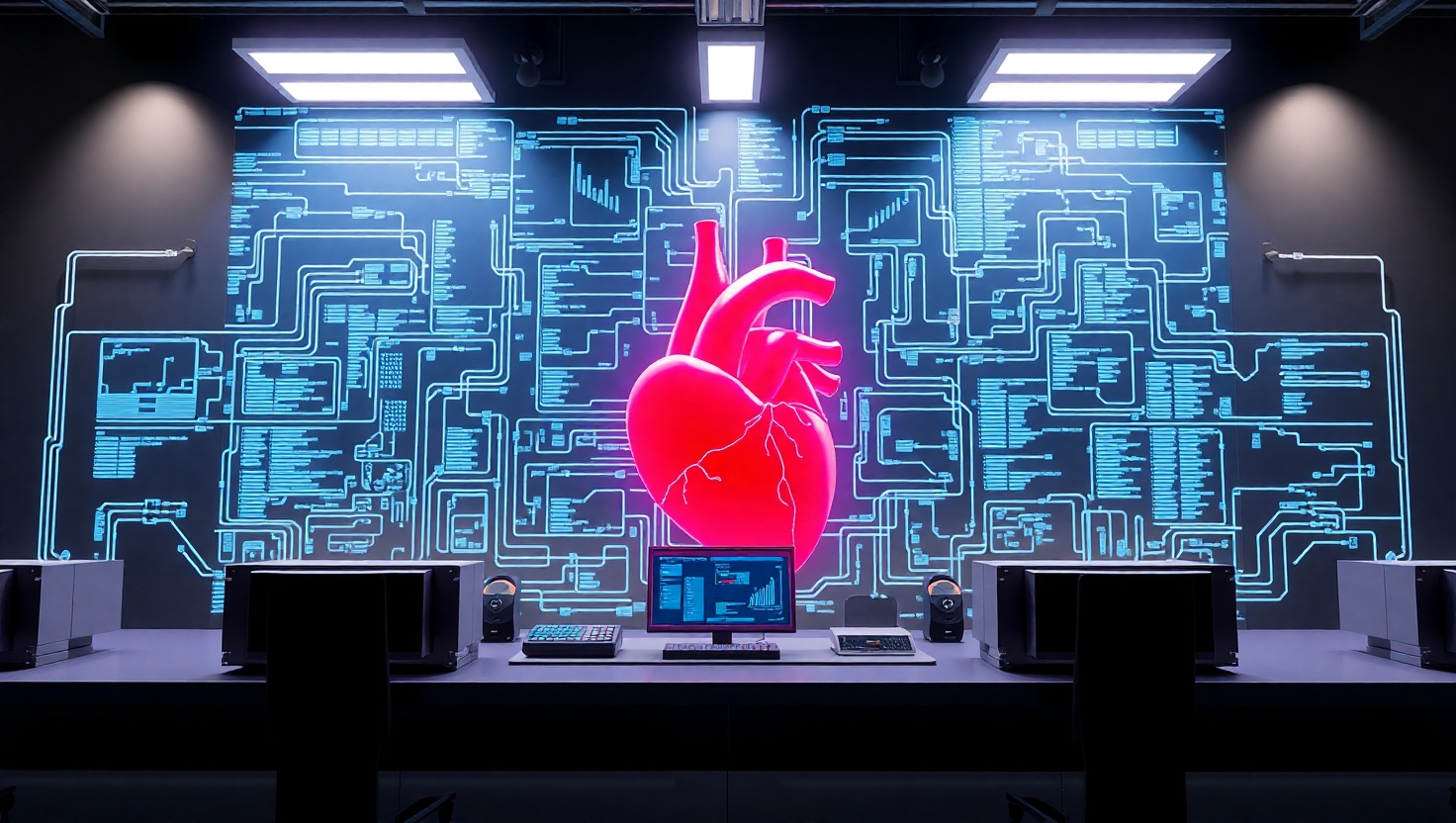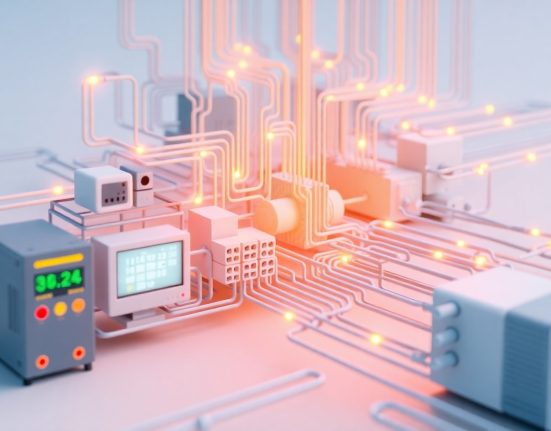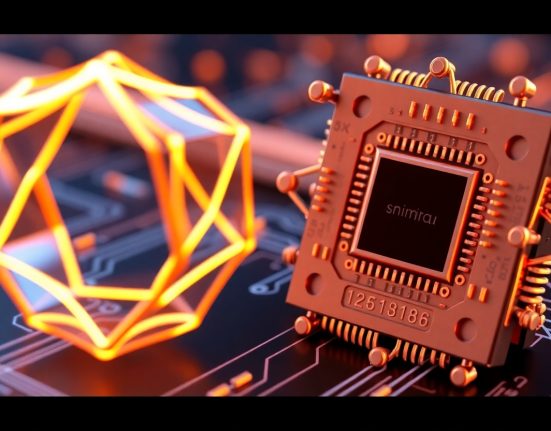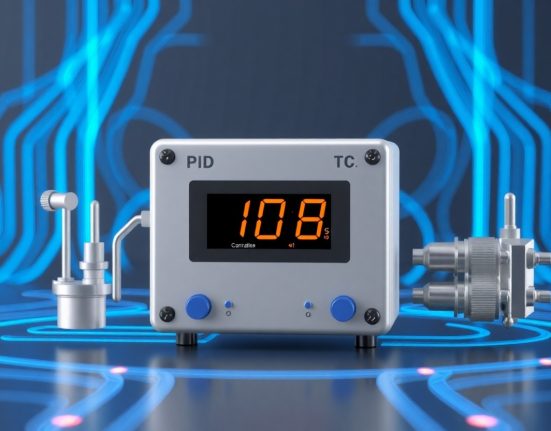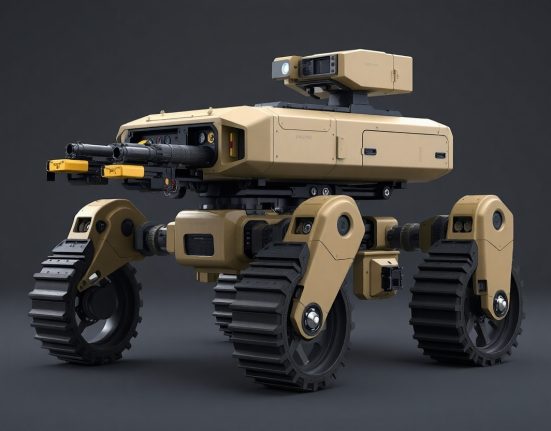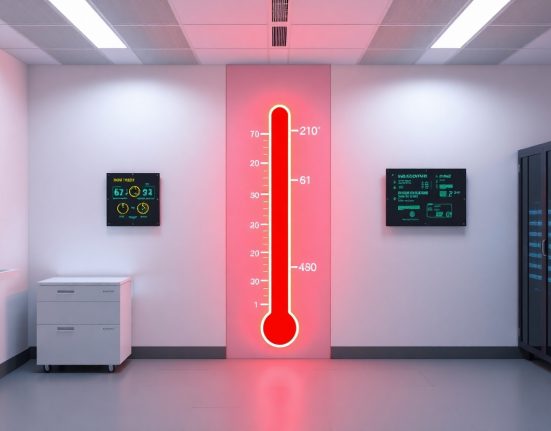SCADA systems are one of those technologies most people have never heard of, yet they’re everywhere and quietly running massive parts of the world around us. SCADA stands for Supervisory Control and Data Acquisition, and it refers to a system that combines hardware and software to let large organizations remotely monitor and control industrial processes. It allows them to gather data, track performance in real time, and respond to changes automatically or manually depending on what’s happening on the ground.
What’s truly fascinating about SCADA is how it enables centralized control over complex systems like power plants, water facilities, pumping stations, railways, production lines and even electricity distribution networks. From a single control room, engineers can watch everything unfold in real time, spot issues before they become real problems and make informed decisions based on data coming in from all over the place. The idea is to make operations more efficient, cut costs, and most importantly, ensure the safety and stability of critical infrastructure without needing to be physically present everywhere.
One of the best examples of SCADA in action is in water and sewage systems. When you have a whole network of pumps, filters, tanks and pipes spread across a wide area, there’s just no realistic way to manage it all manually. SCADA makes it possible to monitor every corner of the system, receive alerts when something goes wrong, and even activate pumps or valves automatically as needed. Plus, all the data collected over time helps operators understand how the system behaves, when maintenance is needed and how to plan for the future.
In the energy sector, this kind of technology is absolutely essential. Power companies rely on SCADA to oversee power plants, transmission lines and distribution networks. The system keeps track of load levels, outages, usage, connections and disconnections, and lets operators respond quickly when something shifts. In remote locations or hazardous conditions, remote control becomes not just convenient but crucial. SCADA also plays a key role in industries like food production, oil and gas, chemical processing and advanced manufacturing.
What I personally love most about this field is how it blends programming, engineering and real-world systems. There’s something thrilling about watching a command typed in a control room affect a physical machine hundreds of kilometers away. The field is constantly evolving, with more intuitive interfaces, stronger cybersecurity and smarter data analytics. Anyone who steps into it quickly discovers a world full of challenges, learning opportunities and real impact on how essential systems operate.








